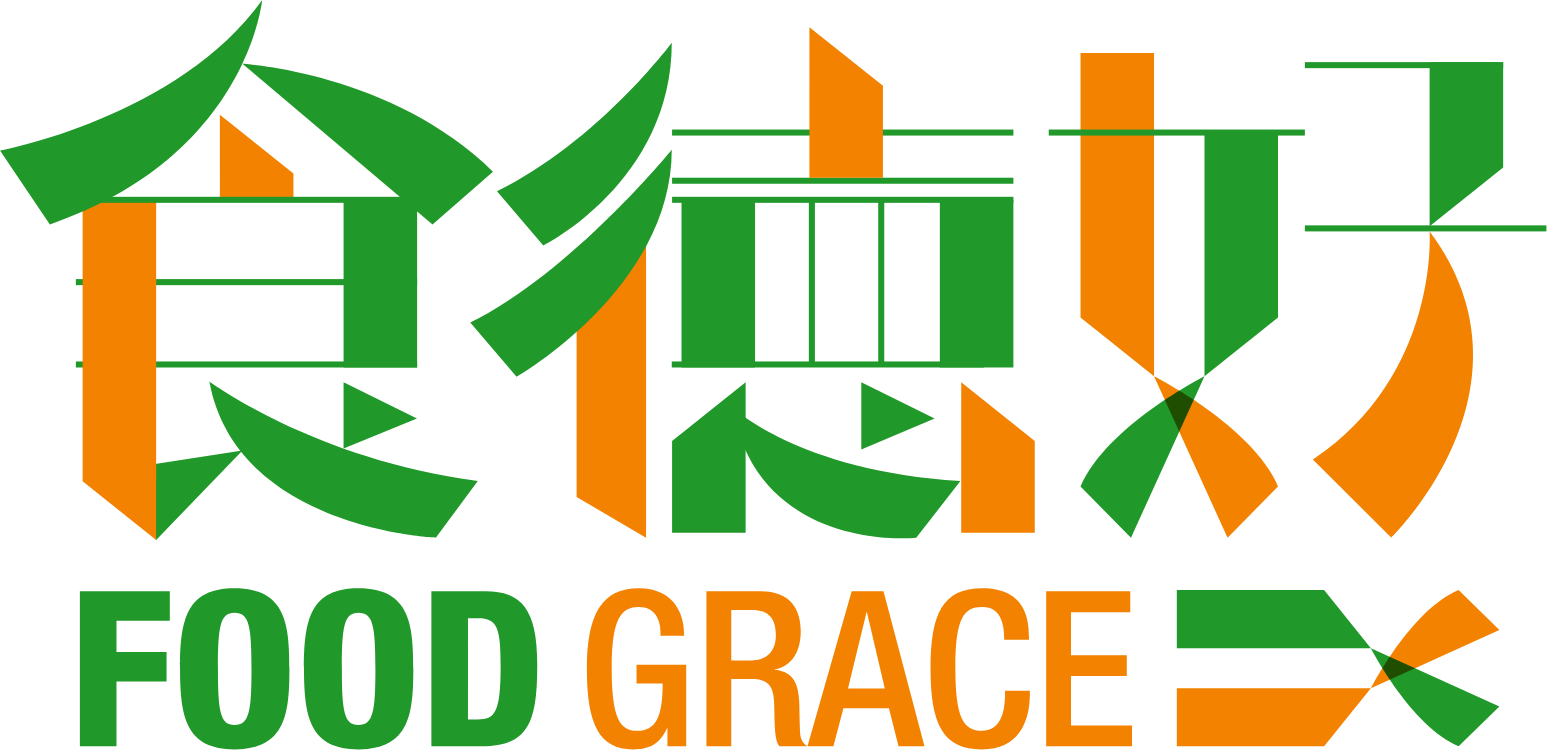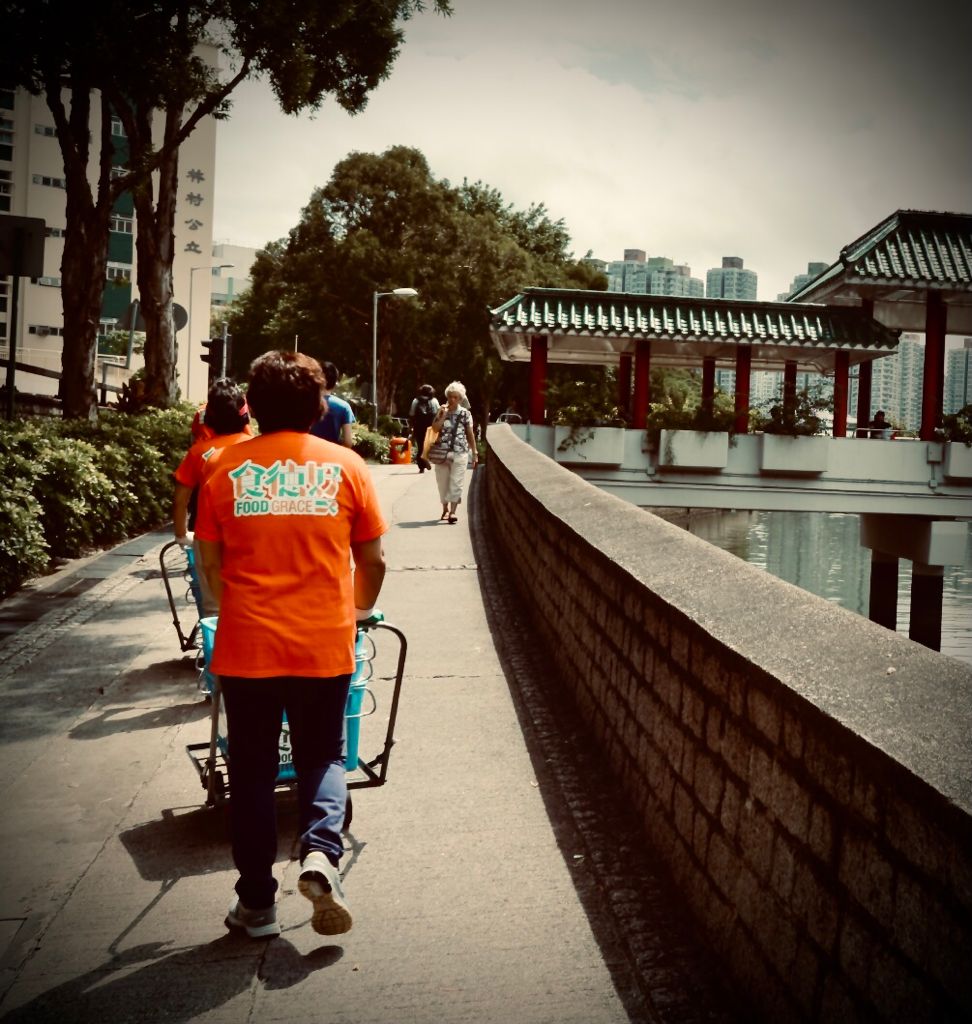
Low Waste · Low Carbon Footprint · Local Network
Foodgrace Story
How Foodgrace
Project Activity
Cooperation
Donation
Press Room


Break the good record of Food Grace!
Foodgrace Story
Foodgrace Background
Foodgrace Partner
Join Foodgrace
Why Foodgrace
Home
School
Food Recycling
Education
Research
Constant Activity Calendar
Major Project Activity
Food Donation
Donation Support
Press Releases
News report
Newsletter












